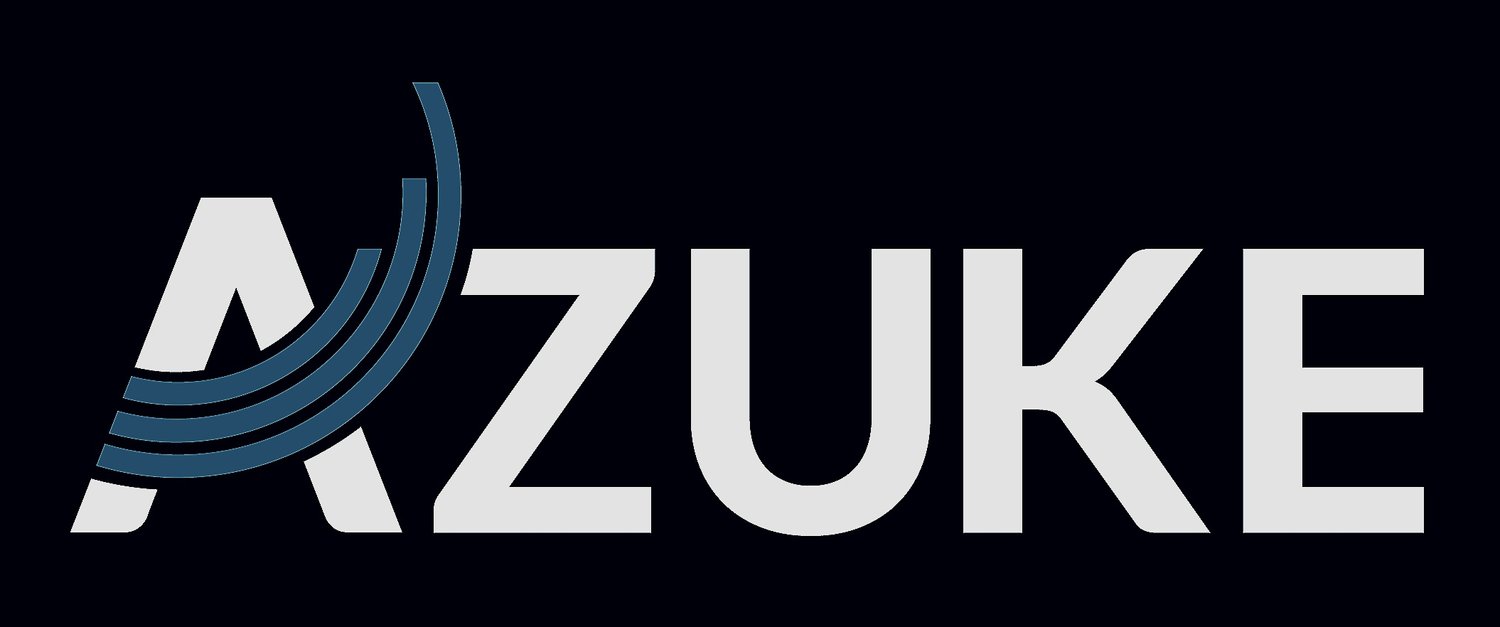In the vast landscape of personal finance, navigating the complexities of investments, savings, and retirement planning can be daunting. Whether you're just starting to build your financial future or looking to optimize your current strategies, seeking guidance from a knowledgeable advisor is crucial. But with numerous options available, finding the right certified financial planner or advisor near you can feel like searching for a needle in a haystack.
Understanding the Role of a Personal Finance Advisor
A personal finance advisor, also known as a certified financial planner (CFP), plays a pivotal role in helping individuals and families make informed decisions about their finances. They provide tailored advice and strategies based on your unique financial situation, goals, and risk tolerance.
According to our financial expert, "A financial advisor is like a doctor. You have to trust them."
The Importance of Choosing the Right Advisor
Selecting a good financial advisor is akin to choosing a partner for your financial journey. They should not only possess the necessary expertise and credentials but also align with your values and priorities.
Warren Buffett famously said, "Price is what you pay. Value is what you get." When it comes to financial advice, the value of guidance and expertise far outweighs the cost.
Finding the Right Fit:
Tips for Choosing a Financial Advisor
1. Define Your Goals and Needs
Before embarking on your search, take the time to clarify your financial goals, whether it's saving for retirement, buying a home, or investing for the future. Understanding your needs will help you narrow down the type of advisor best suited to assist you.
2. Credentials and Experience Matter
Look for advisors who hold reputable certifications such as Certified Financial Planner (CFP) or Chartered Financial Analyst (CFA). These designations indicate a commitment to professionalism and adherence to ethical standards. Additionally, consider the advisor's experience and track record in helping clients achieve their financial objectives.
3. Seek Recommendations and Referrals
Ask friends, family members, or colleagues for recommendations based on their experiences with financial advisors. Personal referrals can provide valuable insights into an advisor's communication style, responsiveness, and overall satisfaction.
4. Conduct Interviews
Don't hesitate to schedule initial consultations with multiple advisors to gauge their approach and suitability for your needs. Use this opportunity to ask questions about their investment philosophy, fee structure, and client services.
5. Evaluate Communication and Transparency
Effective communication is essential for a successful advisor-client relationship. Choose an advisor who takes the time to listen to your concerns, explains complex financial concepts in plain language, and keeps you informed about the progress of your financial plan. Transparency regarding fees, potential conflicts of interest, and investment strategies is also critical for building trust.
The Benefits of Working with a Local Advisor
While technology has made it possible to access financial advice remotely, there are distinct advantages to working with a certified financial advisor near you:
1. Personalized Attention
A local advisor can offer personalized, face-to-face meetings to discuss your financial goals and concerns. This level of interaction fosters a deeper understanding of your needs and allows for more tailored recommendations.
2. Knowledge of Local Regulations and Resources
An advisor who is familiar with the local financial landscape and regulations can provide insights and guidance specific to your region. They may also have access to local resources and networks that can benefit your financial planning efforts.
3. Accessibility and Convenience
Having a financial advisor nearby means easy access to in-person meetings, which can be particularly valuable during significant life events or market fluctuations. It eliminates the barriers of distance and time zones, making it more convenient to seek advice when needed.
The Quest for Financial Stability: Finding Your Advisor
In the quest for financial stability, finding the right advisor is akin to uncovering a treasure map that leads to prosperity. It requires diligence, research, and a keen eye for compatibility. While the internet offers a plethora of options with searches like "financial planner near me" or "certified financial advisor near me.” Azuke Global stands at the forefront to provide the best personalized financial advice to our clients. The journey to finding the perfect advisor is often a blend of online exploration and personal recommendations.
Navigating the Maze: Certified Financial Planner
With the maze of financial options, a certified financial planner (CFP) stands as a beacon of expertise and guidance. Armed with specialized knowledge and accredited credentials, a CFP near you can decipher the complexities of investment strategies, retirement planning, and wealth management. Whether it's crafting a comprehensive financial plan or fine-tuning existing strategies, a CFP serves as a trusted navigator through the ever-changing landscape of personal finance.
In the realm of personal finance, the guidance of a qualified advisor can make all the difference in achieving your long-term financial goals. By taking the time to research, interview, and select the right certified financial planner or advisor near you, you can embark on your financial journey with confidence and clarity.
"A good financial plan is a roadmap that shows us exactly how the choices we make today will affect our future." With the guidance of a trusted advisor, you can navigate the twists and turns of your financial journey with clarity and purpose.
So, whether you're searching for a "certified financial planner” or seeking recommendations for "good financial advisors," prioritize finding the right fit for your unique financial needs and aspirations. Your future self will thank you for it.
FAQ
-
A financial planner typically offers comprehensive services that encompass various aspects of financial planning, including retirement planning, investment management, tax planning, and estate planning. On the other hand, a financial advisor may specialize in specific areas such as investment advice or wealth management. While the titles are often used interchangeably, the scope of services provided may vary.
-
When evaluating a financial advisor's credibility, consider factors such as their qualifications, certifications, and track record. Look for advisors who hold reputable designations like Certified Financial Planner (CFP) or Chartered Financial Analyst (CFA) and have a history of serving clients ethically and transparently. Reading online reviews, seeking referrals, and checking disciplinary records through regulatory bodies can also provide insights into an advisor's reputation.
-
Financial advisors may charge fees in various ways, including hourly rates, flat fees, or a percentage of assets under management (AUM). Additionally, some advisors may earn commissions from the sale of financial products. It's essential to clarify the fee structure upfront and understand any potential conflicts of interest. Transparent communication regarding fees ensures alignment between the advisor's compensation and your financial goals.
-
The frequency of meetings with your financial advisor depends on your individual needs, goals, and the complexity of your financial situation. Initially, meetings may be more frequent as you establish your financial plan and address immediate concerns. Over time, meetings may occur quarterly, semi-annually, or annually to review progress, adjust strategies, and address any changes in your circumstances.

